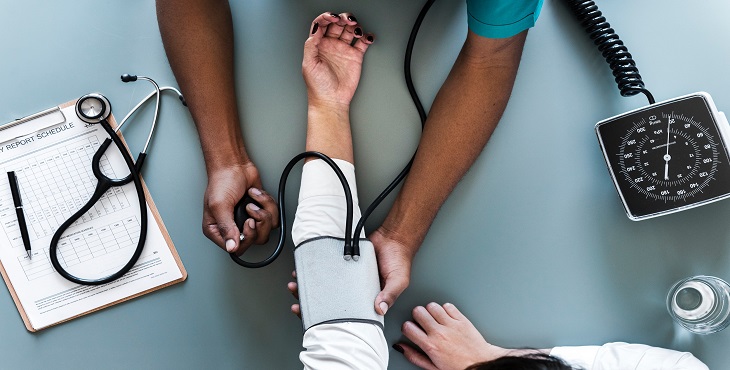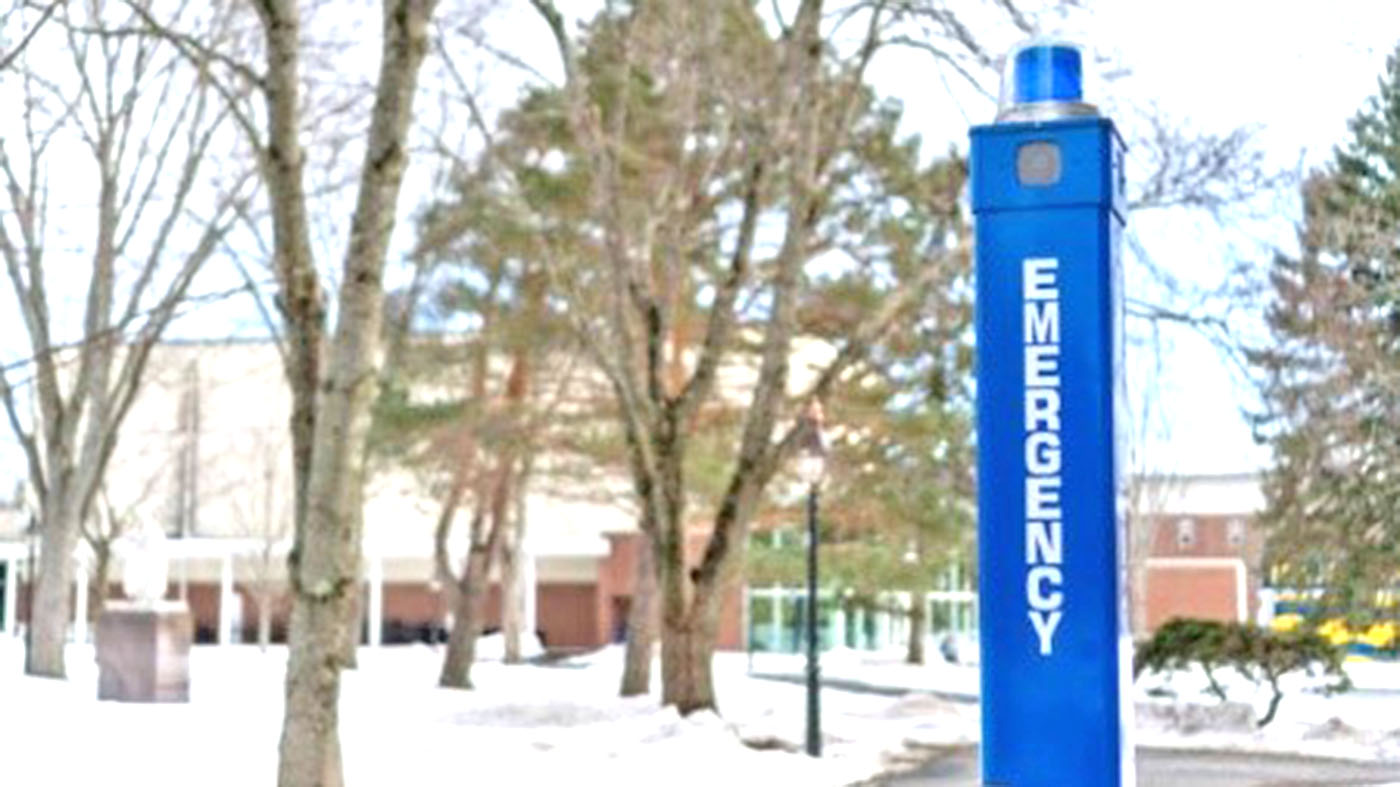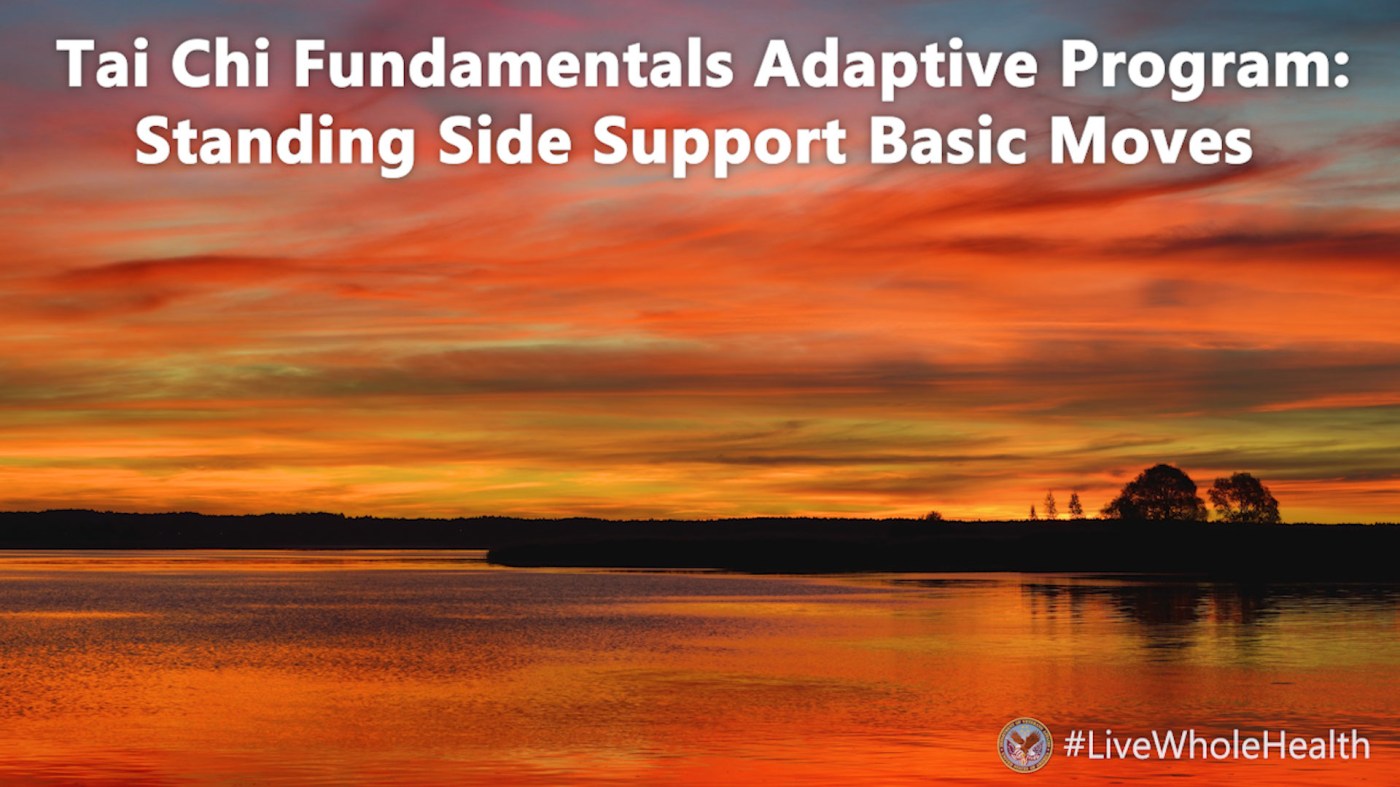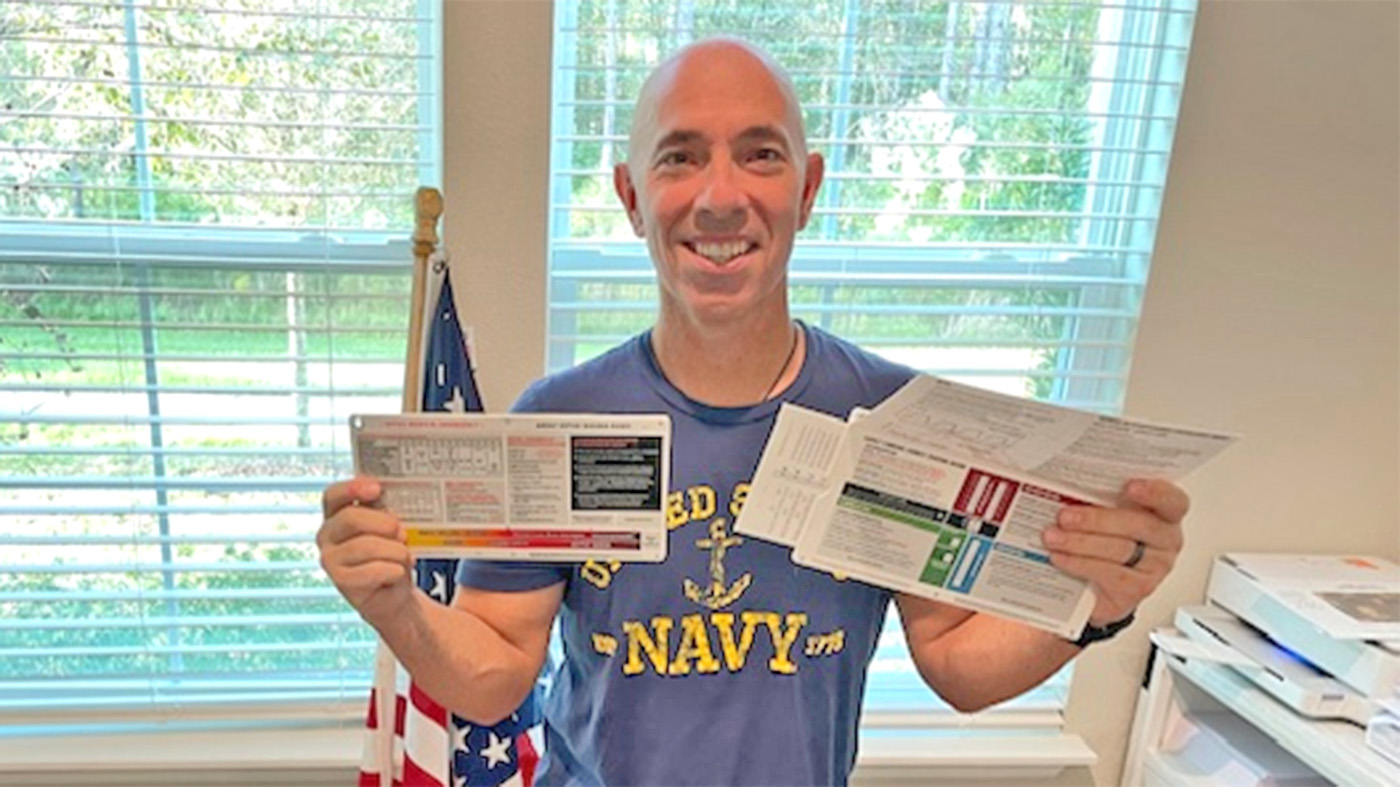The numbers are daunting: according to the National Rural Health Association, there is one physician for every 2,500 patients in rural communities. This shortage poses a serious challenge to the nearly 3 million rural Veterans who rely on VA for health care.
In recognition of National Rural Health Day, VA’s Office of Rural Health (ORH) is highlighting a variety of programs designed to recruit and retain rural clinicians. These programs offer a range of incentives from professional development opportunities to financial reimbursement.
VA’s workforce development initiatives
The initiatives include $14 million in ORH-funded rural workforce training. In fiscal year 2018, more than 12,300 employees participated in ORH-funded training, including:
- Geriatric Scholars – Trains VA general clinicians to treat older rural Veterans.
- SimLEARN – Uses simulation-based training to improve rural clinicians’ technical skills regardless of location.
- Clinical Skills Training in Women Veterans Health Care – Trains rural providers on unique skills to treat rural women Veterans.
- Rural Interprofessional Faculty Development Initiative (RIFDI) – Provides teaching and training skills for rural clinical educators. These faculty then provide guidance to medical students training in rural VA facilities.
VA also offers a variety of incentives to attract clinicians to practice in rural communities, including financial reimbursement, academic development and skills advancement:
VHA Education Debt Reduction Program (EDRP) – Reimburses student loan payments for health providers in specific, difficult-to-fill positions for up to five years.
VA Health Professional Scholarship Program (HPSP) – Awards scholarships to students receiving education or training in a health care services discipline to assist in providing an adequate supply of personnel.
VA Specialty Education Loan Repayment Program (SELRP) – Repays student loans for physician residents in medical specialties for which VA determines there is a shortage.
VA Learning Opportunity Residency (VALOR) program – Allows nursing, pharmacy and medical technology students who have completed their junior year in an accredited program to gain paid experience at a VA health care facility.
Join the Office of Rural Health as we celebrate the #PowerOfRural. You can learn more about National Rural Health Day and the health care challenges rural residents face here: https://www.powerofrural.org/.
Thomas Klobucar, PhD, is the Executive Director for VA’s Office of Rural Health
Topics in this story
More Stories
Follow these 10 winter safety tips to stay warm, safe and protected during the cold winter.
Forget 'No Pain, No Gain'—try 'No Pain, More Gain' with Tai Chi! Calm the mind and gift yourself well-being in this week's #LiveWholeHealth practice.
Critical care dosing guides are critical in emergency care where a clinical team’s skill and focus matter most.








Note to VA staff — I’m one of the rural patients affected, and I would like to say more on this subject (a lot of it supportive towards what you’re already doing, at the VA, for we patients in such areas) so, if you’re so inclined, contact me via email for more info or suggestions. Here is what I’m willing to say, in public: my impression is that when you lose someone who once worked with you, a huge part of the why behind that seems to come down to rules that do not fit either the patients in areas like mine (Raton, New Mexico, USA) or the VA staff serving them. In cases where the staff is adapting, perfectly, to patient’s actual real-life needs, and patients are talking about how great this one or that one is, staff wise, it’s like Thou Shalt rules have to be broken, to accomplish it — and knowing they’re being broken, stresses out the staff members who are simply realizing that (to use terms from an official study into Highly Sensitive People) some people are like dandelions, some are like tulips and some are orchids. Worst case, you lose the people who are best suited for that sort of patient-by-patient on-the-fly real world adaptation, by punishing those (for failure to conform) who realize due to experience that some VA rules simply don’t work, in real life, with some patients. A “one size fits all” approach is bound to fail. To put it bluntly: the pressure of dealing with meeting other’s needs, while being insensibly micro-managed (by people outside of those rural areas: not within those rural clinics) must be brutal. Saddest thing I’ve seen to date, in my experience with rural VA clinics, is when I wrote a positive letter to the editor of a local newspaper, and got so much thanks for doing it, that it made it clear to me that the hard-working, well-adapting workers simply do no get praise!?! As a patient, I’ve often felt more sorry for the VA’s staff, than I did for myself. When you have orchid workers, dealing with orchid patients, those orchid workers need orchid bosses. In such cases, dandelion bosses, ruling from afar in a Thou Shalt Conform manner, will not do. (Visit the web site of Elaine Aron, at HSPERSON dot com, to find out more about HSPs or Highly Sensitive Persons — or see Google Scholar for the dandelions, tulips, orchids HSP study.) I suspect rural VA workers are under “invisible pressures” that simply won’t work for them, over the long term; and that also won’t work for the people living in rural environments. I fear that, based on what I’ve seen / heard to date, the Upper Brass way outside of those rural areas won’t listen to the “staff on the (rural) ground” and thus won’t ever realize those pressures exist. Again: I think the people working in those rural areas are doing all they can. But being insensitive to them, can’t be helping.
I am a primary care physician trained and licensed abroad. I am also a US Army veteran and retiree and would love to provide my medical knowledge to help other veterans. The process to be licensed in the US is complicated, long, and expensive. Is there a program out there that Can help me ?
WHY HAVE THE VIETNAM ERA VETS BEEN FORGOTTEN?
Tele-service for any type of medical situation is bad for paitents and providers, only the lpn in the room has any insight as to what is actually going on with the patient, if aprovider cannot look in the eyes, ears, nose and read the expressions and emotions from the exam, we might as well stay at home and just call on the phone and the VA can get their Co pay Does anyone making such directives and decisions Have A Clue WHAT REAL HEALTH CARE FOR A VETERAN CAN BE TO OUR EVERYDAY LIVING?
In the last 2 years I have gone from having a Dr, to having a PA, now a CNP. Also lost my neurologist, physiatrist, neither of which was replaced. Lost 2 social workers – both replaced. Lost an excellent Mental Health provider, replaced by a PA. I’ve been on medication longer than that provider has been alive. Turnover of providers can be very problematic for veterans. It becomes a matter of trust and having to start all over again. It’s stressful. There’s not alot of VA doctors around that have prior military experience, and again, with turnover, they don’t “get” who we are.
the rural civilian community is underserved let alone the VA community
That’s very bad
Hundreds, if not a few thousands of medically trained people separate from the active services each year. Why not see if some of them would become VA medical folks – especially in the more rural areas of the country. Perhaps the possibility of getting further pre-paid medical training or even scholarships to medical school would be a great enticement. In effect lets ” grow our own “. Another option would be to set up telemed centers in the rural rural areas. of the country. Lets not let some of our own trained folks who now are “vets ” go the by the by and lose their skills.
I would expect the remote hospitals would be most appreciative of putting a couple of vets – medically trained – on their staff and have them able to treat the vets and others in need. The VA could pay the hospitals a stipend to sweeten the pot. Small vet clinics in our large cities would also help our vets. The clinics could be small with limited capability but getting a Vet into the medical system and to a larger clinic would be a place to use some of those separated each year.
You all have to think out of the box.
Paul Signet
Makes sense. Nice one.